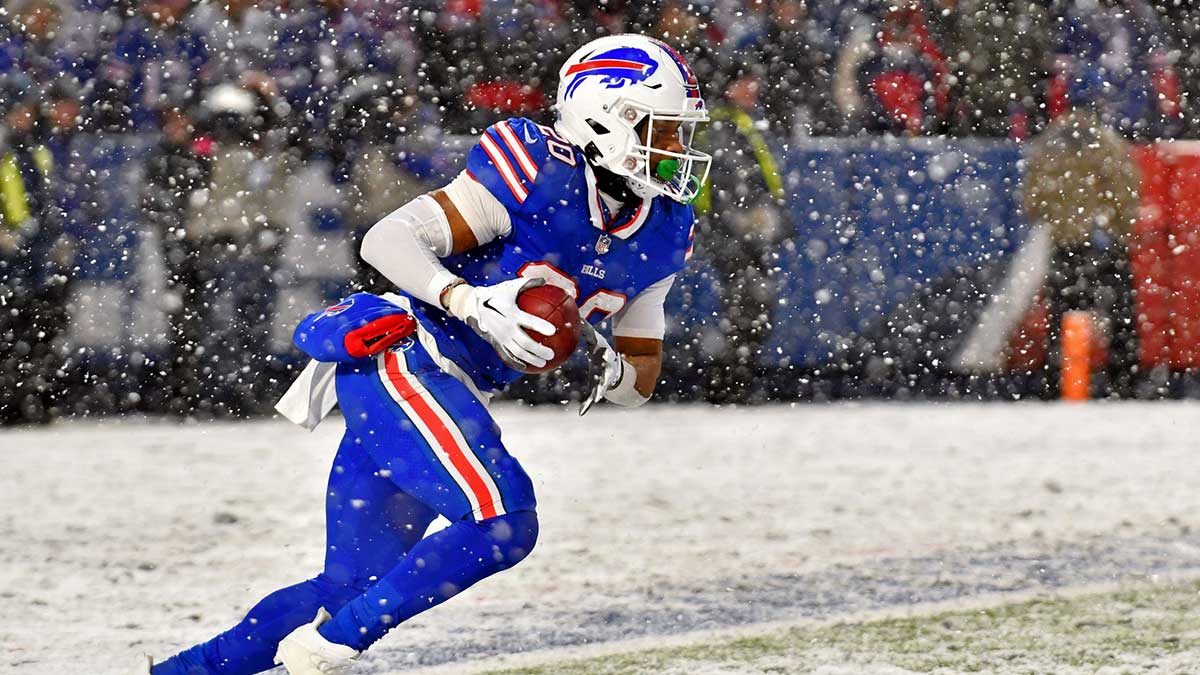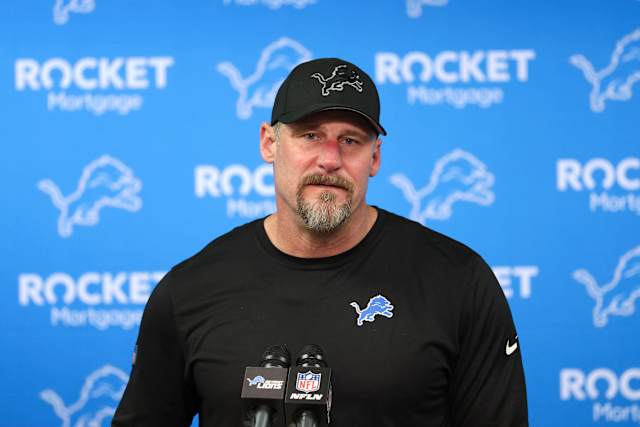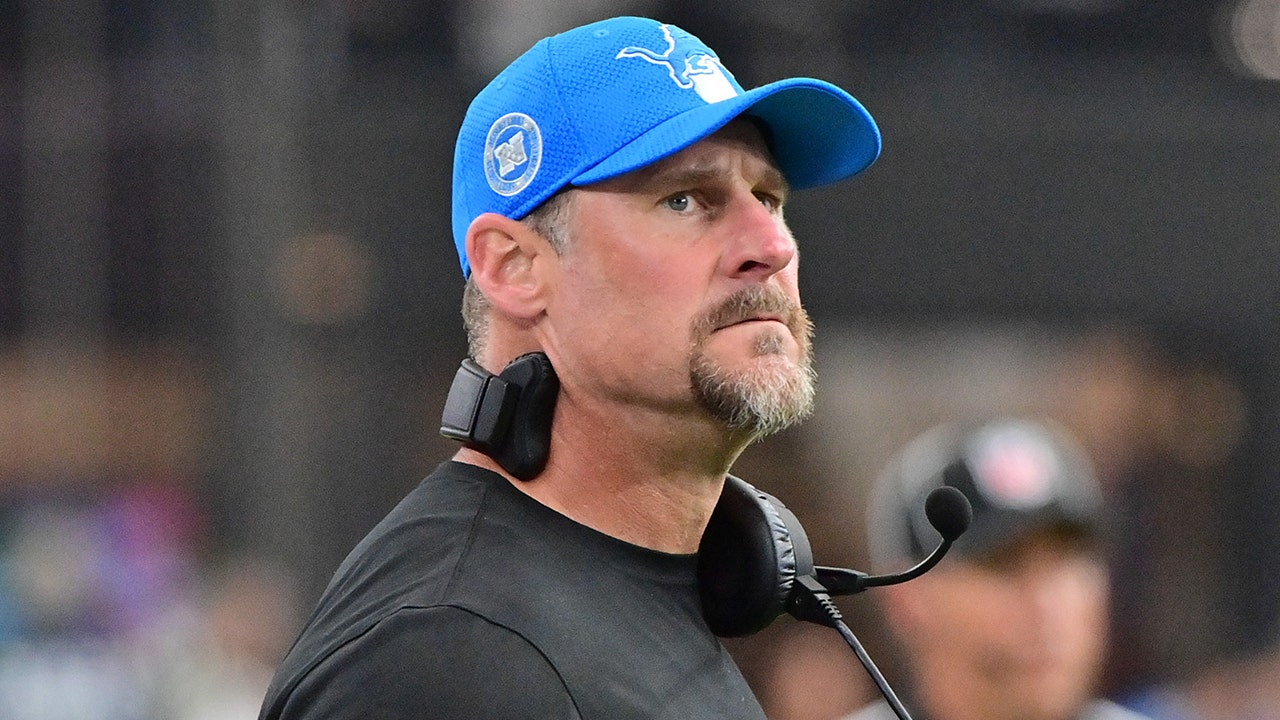Chargers sign former Colts RB after Omarion Hampton injury
The Chargers signed veteran RB Nyheim Hines after Omarion Hampton’s injury landed the rookie on injured reserve.

The Los Angeles Chargers are making another move to bolster their backfield depth after losing promising rookie running back Omarion Hampton to injury. Hampton, who had quickly emerged as one of the NFL’s most productive first-year players, will be placed on injured reserve due to an ankle injury, as confirmed by ESPN’s Adam Schefter.
“Chargers HC Jim Harbaugh said RB Omarion Hampton will be placed on injured reserve, sidelining him a minimum of four games due to his ankle injury,” Schefter reported.
Hampton, the No. 22 overall pick in the 2025 NFL Draft, had rushed 66 times for 314 yards and two touchdowns while adding 136 receiving yards through five games.
His 4.8 yards per carry led all Chargers players besides the quarterbacks. The setback means Los Angeles will rely on Najee Harris and second-year back Kimani Vidal to shoulder the rushing workload while Hampton recovers.
To help stabilize the depth chart, the Chargers are bringing in a familiar face. According to Kris Rhim, “The Chargers are signing Nyheim Hines to the practice squad after working him out today. He was with the Chargers during training camp. With the position thin, Hines has a chance to play this week.”
Hines, 28, last appeared in an NFL game during the 2022 season, playing for both the Indianapolis Colts and Buffalo Bills. He missed all of 2023 after suffering injuries in a jet ski accident and was later released by the Cleveland Browns earlier this year.
Despite the hiatus, Hines offers versatility as both a dynamic pass catcher and a proven special teams returner.
Over his five-year career, Hines has compiled 1,202 rushing yards and 10 touchdowns, plus 240 receptions for 1,778 yards and eight receiving touchdowns. He’s also returned four kickoffs for scores, showcasing the type of explosiveness the Chargers’ offense could use.
This move is a full-circle moment for Hines, who spent his early career in Indianapolis and now rejoins a head coach in Jim Harbaugh, known for reviving veterans.
With the Chargers sitting at 3-2 and looking to stay competitive in the AFC West, depth and reliability in the backfield are vital, especially with Hampton sidelined through at least early November.
The timing makes sense. Los Angeles is thin at running back and faces a stretch of tough defensive opponents, including the Titans and Chiefs. If Hines proves he’s back to form, he could see meaningful snaps sooner rather than later.
Dan Campbell Draws the Line: 'No Bad Bunny at the Super Bowl or the Lions Are Out!

Campbell’s criticism came during a heated press conference ahead of the Lions’ next matchup. He said the NFL’s choice felt misplaced: “Is this football or a circus? The Super Bowl is supposed to represent the pinnacle of our sport, not a stage for pop theatrics.” He expressed frustration that such musical performance decisions seemed to overshadow the game itself, and warned that if the league insisted on proceeding, his team might refuse to participate. The remark stirred immediate controversy, as few coaches would dare publicly challenge the league’s halftime programming.
The NFL, already under pressure over the Bad Bunny selection, responded swiftly. League representatives issued a statement defending the choice, emphasizing that the halftime show is meant to balance musical spectacle with broad audience appeal. They noted prior high-profile performers and argued that the entertainment component is integral to the Super Bowl’s global reach. Still, the statement attempted to quell rising tensions, promising to review Campbell’s objections “in coordination with team leadership.”

News of Campbell’s defiance spread fast, prompting reactions across the league. Fans, pundits, and even other coaches weighed in. Some supported Campbell’s stance, seeing it as a guardrail against the dilution of football’s identity. Others criticized him for overstepping his role, saying programming decisions are outside a coach’s sphere and that threatening to pull a team was unprofessional.
Within the Lions’ organization, the mood grew tense. Ownership and management reportedly convened emergency meetings to assess the risk of a standoff with the league. Team insiders suggested Campbell’s remarks were made in anger, a product of frustration over perceived distractions beyond the field. Still, there’s speculation that some players privately back his passion to protect the integrity of the game.

League executives were caught off guard. The NFL typically exerts tight control over halftime performances, working years in advance with producers, sponsors, and artists. They did not anticipate a head coach publicly opposing that control. Behind closed doors, sources say the league is scrambling to diffuse the conflict — exploring whether it can quietly adjust the performance, scale it back, or placate Campbell personally.
The controversy highlights deeper tensions between sport and spectacle in modern athletics. Critics argue that the NFL has increasingly blurred lines between entertainment and sport, perhaps sacrificing the purity of competition for ratings and cultural relevance. Supporters counter that evolving tastes, global viewership, and youth engagement demand bolder halftime acts. Campbell’s ultimatum may force a reckoning between preserving football tradition and adapting to contemporary demands.
As media scrutiny intensifies, all eyes now turn to whether Campbell follows through on his threat. If the Lions were to withdraw during the Super Bowl, it would be unprecedented — a coach-led insurrection against the league itself. Such an act could trigger fines, sanctions, or worse, jeopardizing Campbell’s future and the Lions’ reputation.

In the coming days, the NFL will likely face a difficult choice. Acquiesce to Campbell’s demand and risk undermining their creative control? Or stand firm and provoke an even larger backlash from one of their most visible voices? Regardless of the outcome, Campbell’s bold freight train of criticism has forced a confrontation many fans suspected: how much showmanship should be allowed before the game itself is forgotten?



